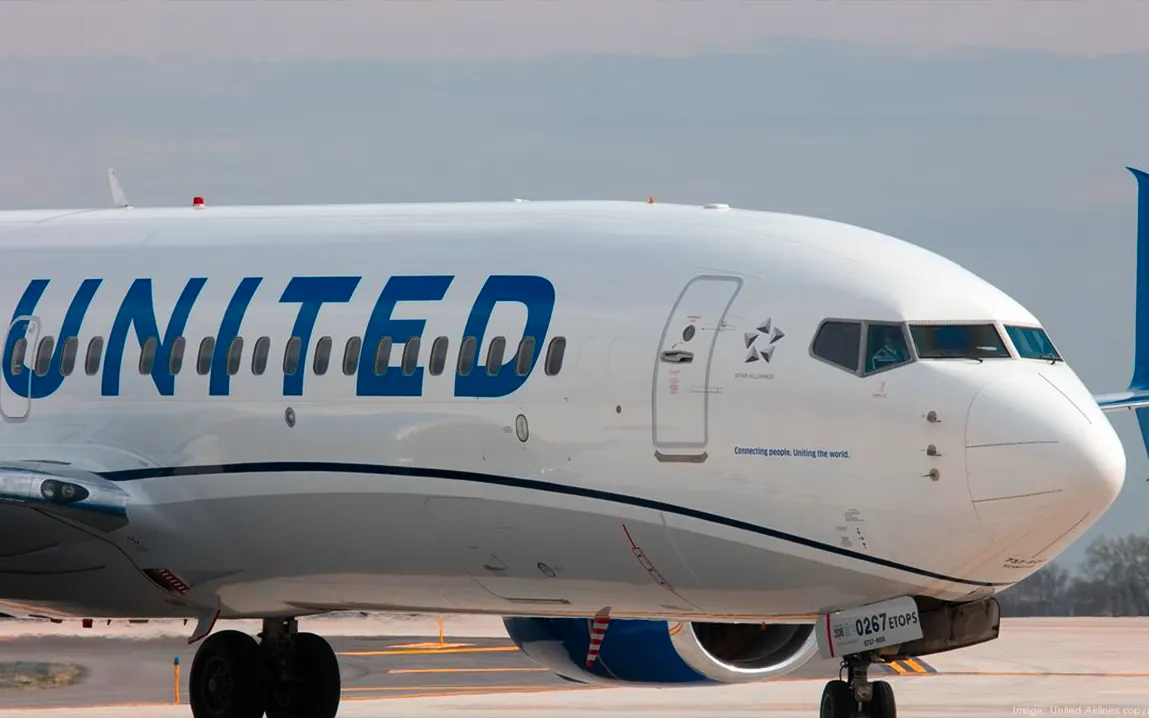Traveling provides a unique backdrop for experiences, and for people with disabilities, every journey becomes an opportunity and a challenge. With a multitude of careful planning, resourcefulness, and the ability to ride out any curveball thrown their way, such travelers are discovering that the world is theirs to explore, and so are the joys of the unforeseen detours after a planning process.
Planning and Preparation: The Basics of Accessible Travel
Individuals with disabilities believe that thorough planning is one of the most significant aspects of a successful vacation. This process involves research into the destinations, an understanding of the different accessibility features, and the anticipation of different challenges along the way. The CEO and co-founder of Wheel the World, Alvaro Silberstein, discussed dispelling a number of myths that are common in the travel sector and occasionally among tourists themselves. While barriers exist in travel, he mentions, there are plenty of destinations out there that have accessible experiences just waiting to be discovered. Examples include U.S. national parks, which have wheelchair paths; public transport in Singapore that is accessible; and adaptive safaris that operate out of Kenya, along with other destinations catering to the needs of travelers with mobility challenges.
Embracing Detours: Finding Joy in the Unexpected
No matter how far you’ve gone with preparation, extenuating events hurl one into unexpected detours. Frequently, these turn into the most cherished memories. A traveler with Brittle Bone Disease has shared the life-altering experience of traveling alone through India for 11 states and 26 cities, lasting 76 days.
Within that time frame, she managed to parasail and kayak, have an audience with the Dalai Lama, and even spot a tiger while on a safari. Accessibility issues challenged her, as did demonetization in India, but she displayed determination, aided by the locals in their kindness toward her, reinforcing her independence further and thus bonding with her heritage.
Support Systems and Specialized Services
The growth of organizations in the field of accessible travel has greatly influenced the advancement of opportunities set forth for travelers with disabilities. One example is Planet Abled, a travel company that was established in 2016 by Neha Arora in New Delhi, India, and creates unique travel experiences for senior citizens and those with disabilities. Praised for having an ingenious approach, Planet Abled tailors itineraries in accordance with the diverse needs of customers so that travelling becomes enjoyable, while still able to be accessible.
Along similar lines, working for accessible tourism, other travel agencies are Responsible Travel, Wheel the World, Tapooz Travel, and Easy Access Travel, from city tours to safari adventures. These programs aim for inclusive experiences and basically pave the way for disabled travelers to have a smooth cruise around the world.
Personal Narratives: Inspiring Confidence and Exploration
Personal accounts are effective testimonials to the potential of inclusive travel. One visually impaired visitor described a seven-day holiday to Austria’s Tirol province through Traveleyes, which arranges vacations for visually impaired and sighted travelers. From vivid descriptions delivered by sighted guides, the visitor was able to appreciate sights such as the Zugspitze and Golden Roof of Innsbruck, emphasizing the significance of sensory experiences and inclusive travel groups.
The Greater Impact: Challenging Accessible Tourism
The increased focus on accessible tourism is not just advantageous for travelers with disabilities but is also advantageous for the wider travel business. Addressing accessibility in the travel and tourism industries has been a priority for the Society for Accessible Travel & Hospitality (SATH) since its establishment in 1976. Through advocacy efforts, education initiatives, and recognition programs, SATH has helped bring about important developments, such as helping shape legislation such as the Americans with Disabilities Act, thus increasing travel potential for everyone.
People with disabilities are constantly pushing the limits of exploration, proving that with proper planning, flexibility, and the assistance of expert services, the world is still an open and welcoming realm. Welcoming detours as possibilities rather than hindrances enhances the travel experience, creating stamina, autonomy, and a better understanding of the rich diversity of world cultures.




